
Web3 is rapidly evolving, but one challenge persists across decentralized platforms: how to efficiently and securely verify user identities without sacrificing privacy or creating friction. Traditional Know Your Customer (KYC) processes are notorious for their repetition and inefficiency, especially when users must re-verify themselves for every new DeFi protocol, token sale, or gated community. Onchain attestations for KYCed addresses are redefining this landscape by enabling reusable, privacy-preserving credentials that streamline allowlist management across the blockchain ecosystem.

Reusable KYC: The New Paradigm for Web3 Allowlist Management
At the heart of this transformation is the concept of reusable KYC for Web3. Here’s how it works: a user completes a one-time KYC process with a trusted verifier. Instead of exposing sensitive data to every platform, the verifier issues an onchain attestation, a cryptographic proof, stored immutably on the blockchain, confirming the user’s compliance status. This attestation acts as a portable credential, instantly recognized by any dApp or platform that supports the same standard.
This shift unlocks several advantages:
Key Benefits of Onchain Attestations for KYCed Addresses
-
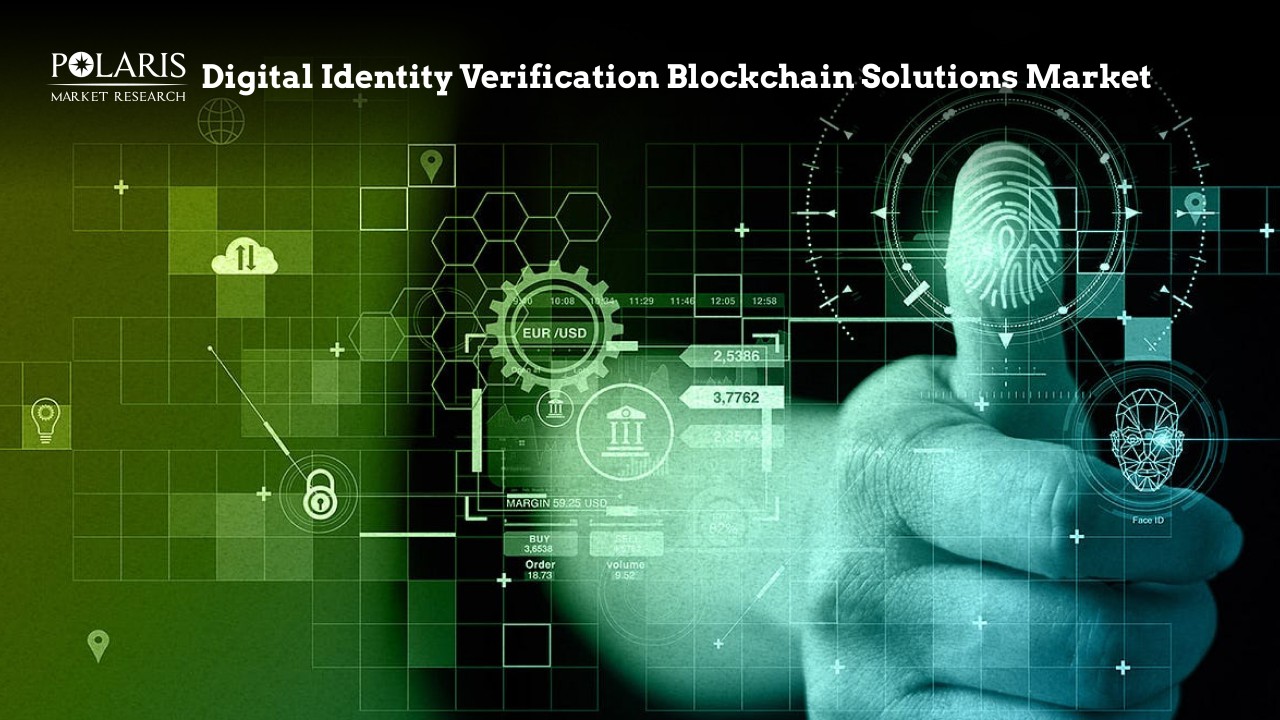
Reusable Digital Identity Across dApps: Onchain attestations enable users to complete KYC verification once and use the same verified credential to access multiple decentralized applications, streamlining onboarding and reducing friction.
-

Enhanced User Privacy: By sharing only cryptographic attestations instead of personal data, users minimize exposure of sensitive information, significantly lowering the risk of data breaches across platforms.
-
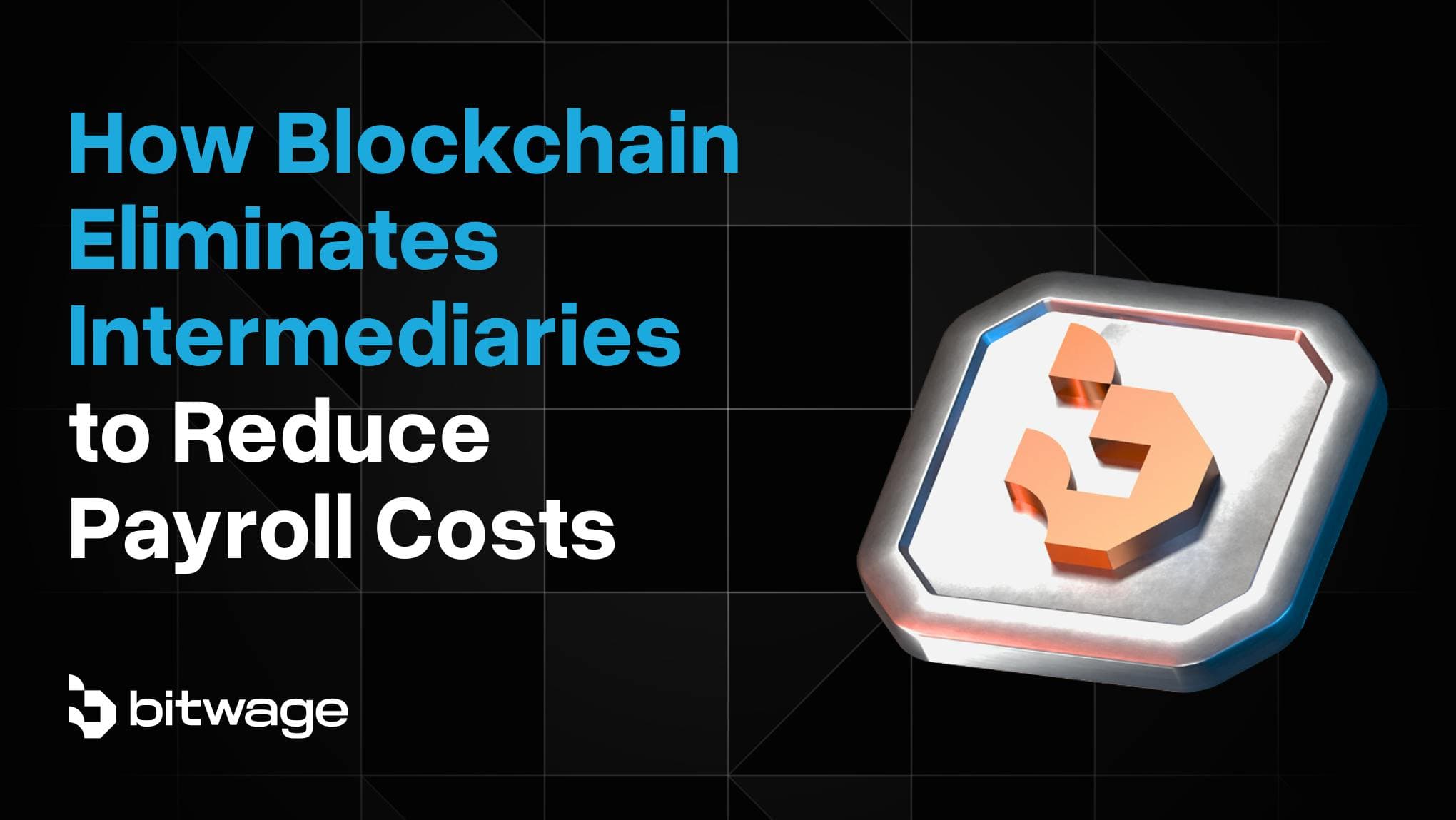
Cost and Operational Efficiency: Reusing KYC credentials eliminates redundant verifications, cutting costs and saving time for both users and service providers in the Web3 ecosystem.
-

Decentralized, User-Controlled Identity: Attestations are stored on-chain, allowing users to manage, grant, or revoke access to their credentials, supporting self-sovereign identity principles.
-
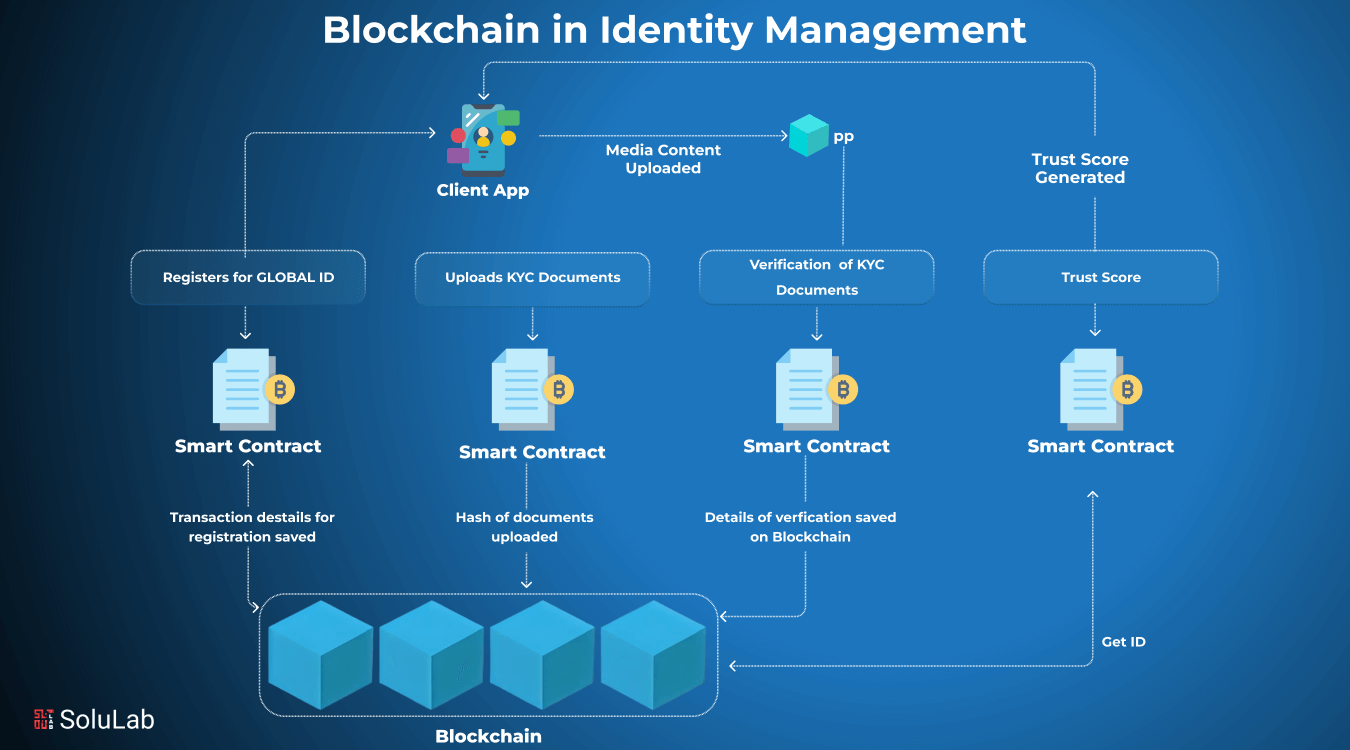
Interoperability and Compliance: Onchain attestations are recognized across any dApp supporting the same standard, ensuring seamless compliance with KYC/AML regulations and enabling broader access to compliant services.
By decoupling identity verification from individual platforms and enabling users to manage their credentials directly, reusable onchain attestations align perfectly with self-sovereign identity principles. Users are empowered to grant or revoke access to their credentials as needed, all while maintaining control over their private data.
Privacy-Preserving Compliance: A Strategic Imperative
For projects managing allowlists, whether for token sales, DeFi launches, or gated communities provides onchain attestations offer a robust solution to the privacy-compliance dilemma. Rather than forcing users to repeatedly submit personal documents, platforms can simply check for the existence and validity of an onchain attestation. This approach minimizes the risk of data breaches and meets stringent regulatory requirements such as GDPR.
Solutions like Blockpass’s On-Chain KYC® 2.0 and Altme Wallet exemplify this approach, issuing verifiable credentials that can be reused across Ethereum, Solana, and other major chains. The result is a more efficient onboarding process for both users and service providers, reduced operational costs, and enhanced trust throughout the ecosystem.
Interoperability and Ecosystem Impact
The real power of onchain attestations lies in their interoperability. Standards such as those developed by Chainlink’s Automated Compliance Engine (ACE) and networks like idOS are paving the way for seamless integration across dApps. Once a user holds a reusable onchain credential, they can participate in multiple token sales or join different communities without ever repeating the KYC process.
This interoperability is central to scaling Web3. As more platforms adopt these standards, we move closer to an environment where identity verification is both frictionless and secure. For allowlist managers and DeFi projects seeking to stay ahead of compliance requirements while delivering excellent user experience, integrating onchain attestation infrastructure is quickly becoming non-negotiable. For further reading on implementation strategies, see how onchain attestations streamline KYC for Web3 allowlists and token sales.
As the landscape matures, forward-thinking teams are leveraging decentralized identity credentials not only as a compliance tool but as a strategic asset. By reducing onboarding friction, platforms can attract a broader user base, including institutional participants who demand rigorous, yet privacy-preserving, verification. This is particularly relevant in the context of Web3 token sale verification, where regulatory scrutiny is increasing and seamless user experience is a competitive differentiator.
Consider the impact on allowlist management for large-scale launches: Instead of manually vetting thousands of addresses, project teams can automate the process by checking for valid onchain attestations. This not only accelerates time-to-market but also ensures that only verified, compliant participants gain access. The approach is equally applicable to DAOs, NFT mints, and gated DeFi features, where community trust hinges on fair and transparent participation.
Best Practices for Integrating Onchain Attestations
Adopting onchain attestations for KYCed addresses is straightforward but requires careful planning. Here are a few actionable recommendations:
Best Practices for Onchain Attestations in Web3 Allowlist Management
-
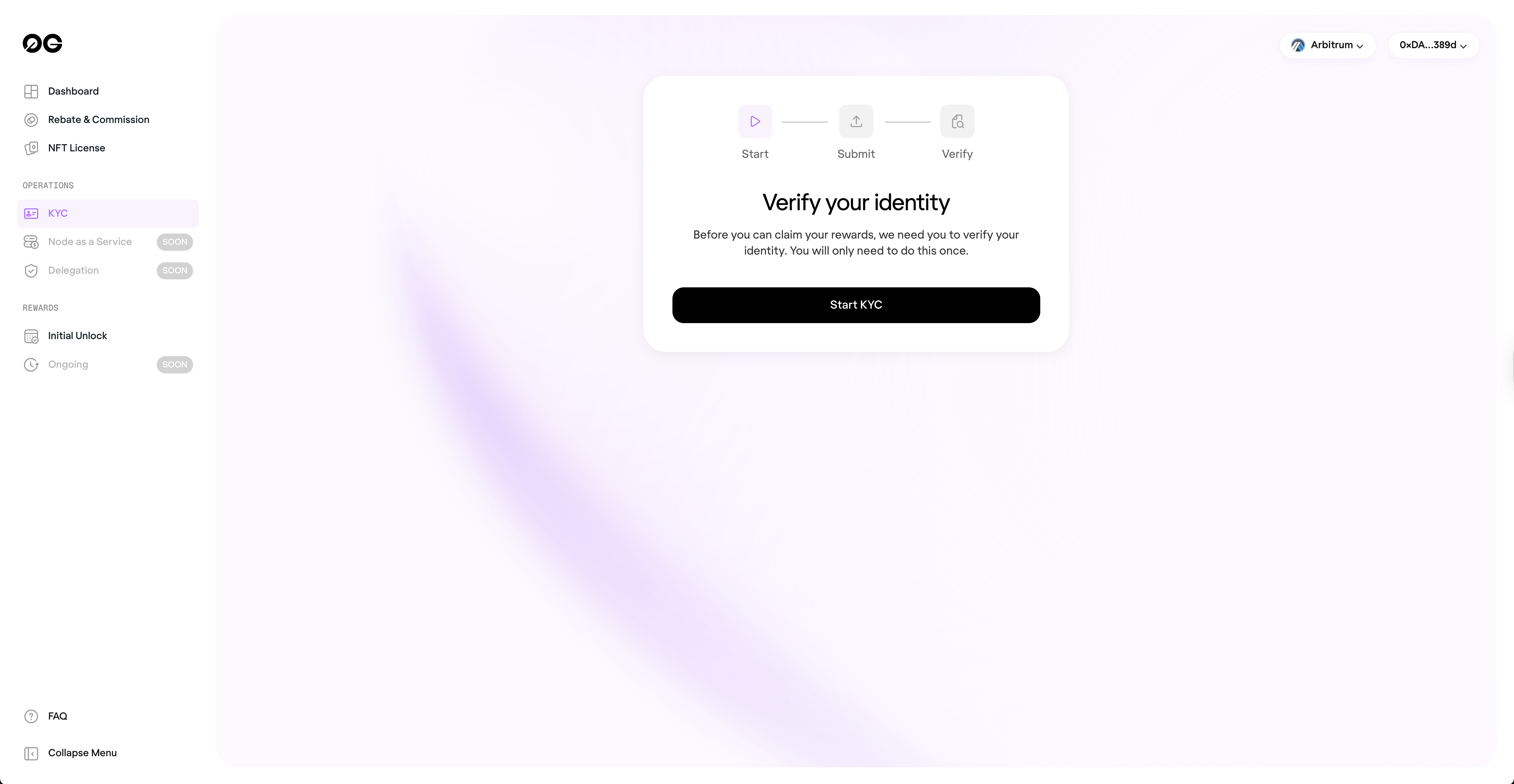
Adopt Interoperable Attestation Standards: Ensure your platform supports widely recognized attestation formats, such as those used by Blockpass’s On-Chain KYC® 2.0 or idOS Network. This maximizes compatibility across multiple dApps and blockchains, streamlining user onboarding.
-

Prioritize User Privacy and Data Minimization: Implement privacy-preserving mechanisms, such as zero-knowledge proofs or selective disclosure, to ensure only compliance status—not sensitive personal data—is shared. Altme Wallet exemplifies this approach by enabling users to manage and share verifiable credentials off-chain.
-
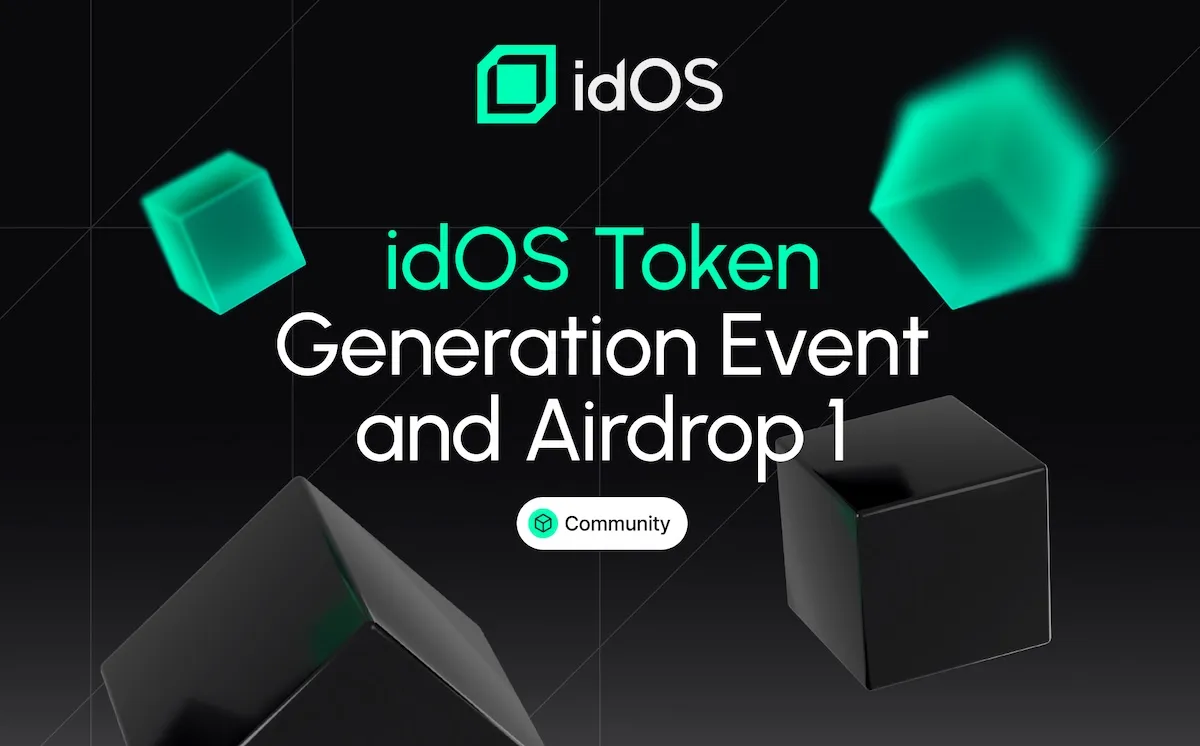
Enable User-Controlled Credential Management: Empower users to own, encrypt, and manage their attestations, granting or revoking access as needed. Solutions like idOS Network and Blockpass allow users to maintain control over their digital identities, aligning with self-sovereign identity principles.
-

Integrate Automated Compliance Engines: Utilize modular compliance solutions such as Chainlink Automated Compliance Engine (ACE) to automate KYC/AML checks and permissioning directly through smart contracts, reducing manual intervention and errors.
-
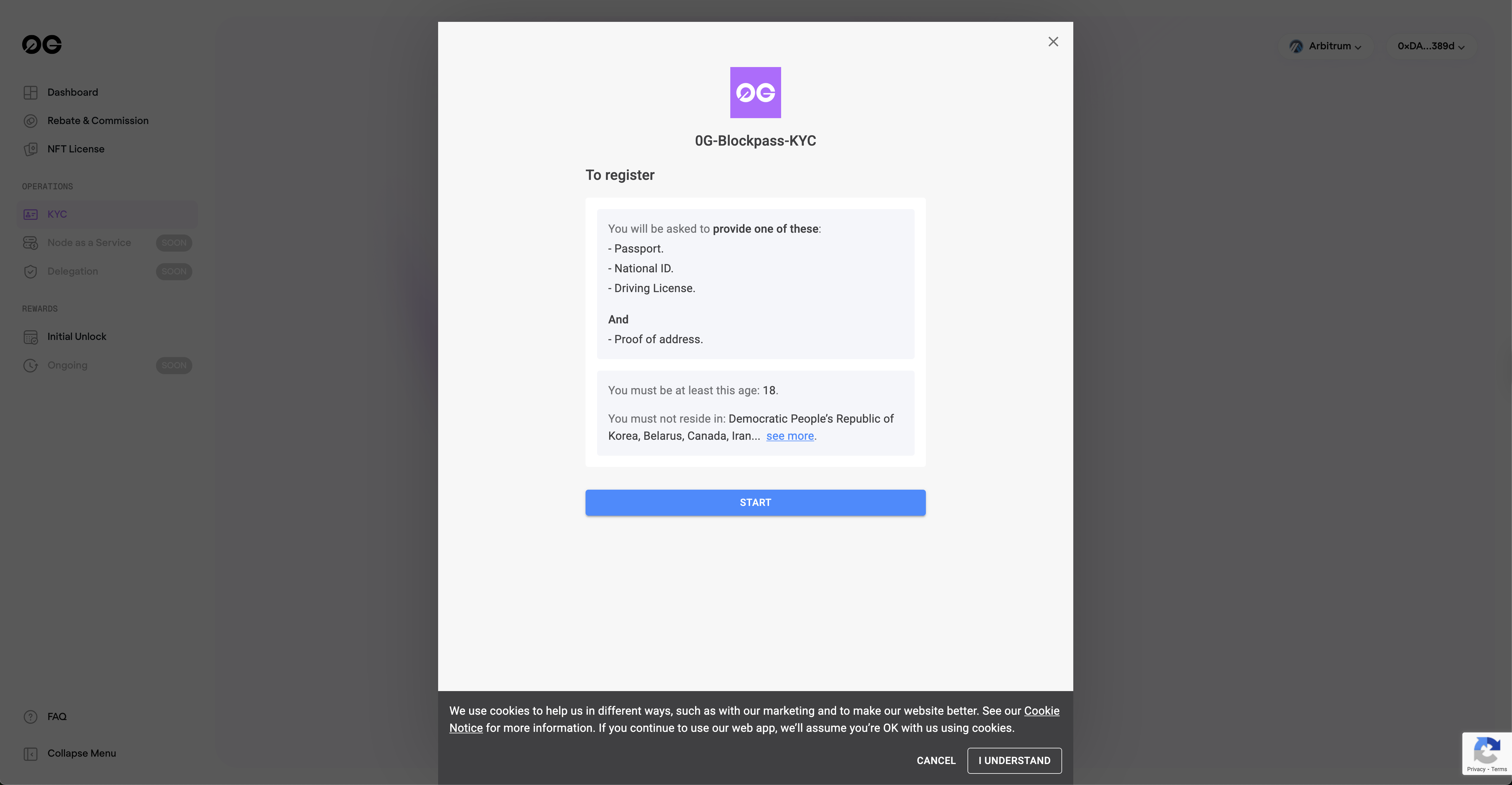
Maintain Regulatory Compliance and Auditability: Ensure your attestation process complies with KYC/AML regulations and provides transparent, auditable records on-chain. Platforms like Blockpass and Altme are designed to meet these requirements while supporting GDPR and other privacy frameworks.
First, select an attestation protocol that aligns with your project’s technical stack and compliance needs. Ensure that it supports interoperability with major dApps and upholds privacy standards. Second, educate your users about the benefits and mechanics of reusable KYC credentials. Transparency builds trust and encourages adoption. Finally, monitor evolving standards and regulatory guidance, as the field is dynamic and best practices continue to evolve.
For those evaluating implementation, resources such as this guide to solving repeated KYC in Web3 and frictionless allowlist management with KYCed attestations provide deeper technical and operational insights.
Looking Ahead: The Future of Web3 Identity
As standards for onchain attestations for KYCed addresses mature, expect to see even greater interoperability, enhanced privacy features, and broader industry adoption. The convergence of zero-knowledge proofs, decentralized identifiers (DIDs), and modular compliance engines like Chainlink ACE will further empower users to control their digital identities while satisfying the most demanding regulatory frameworks.
Ultimately, reusable KYC credentials are not just a technical upgrade – they represent a fundamental shift in how identity and trust are managed across decentralized ecosystems. For projects aiming to build resilient, compliant, and user-friendly communities, embracing this new paradigm is not optional, but essential.






